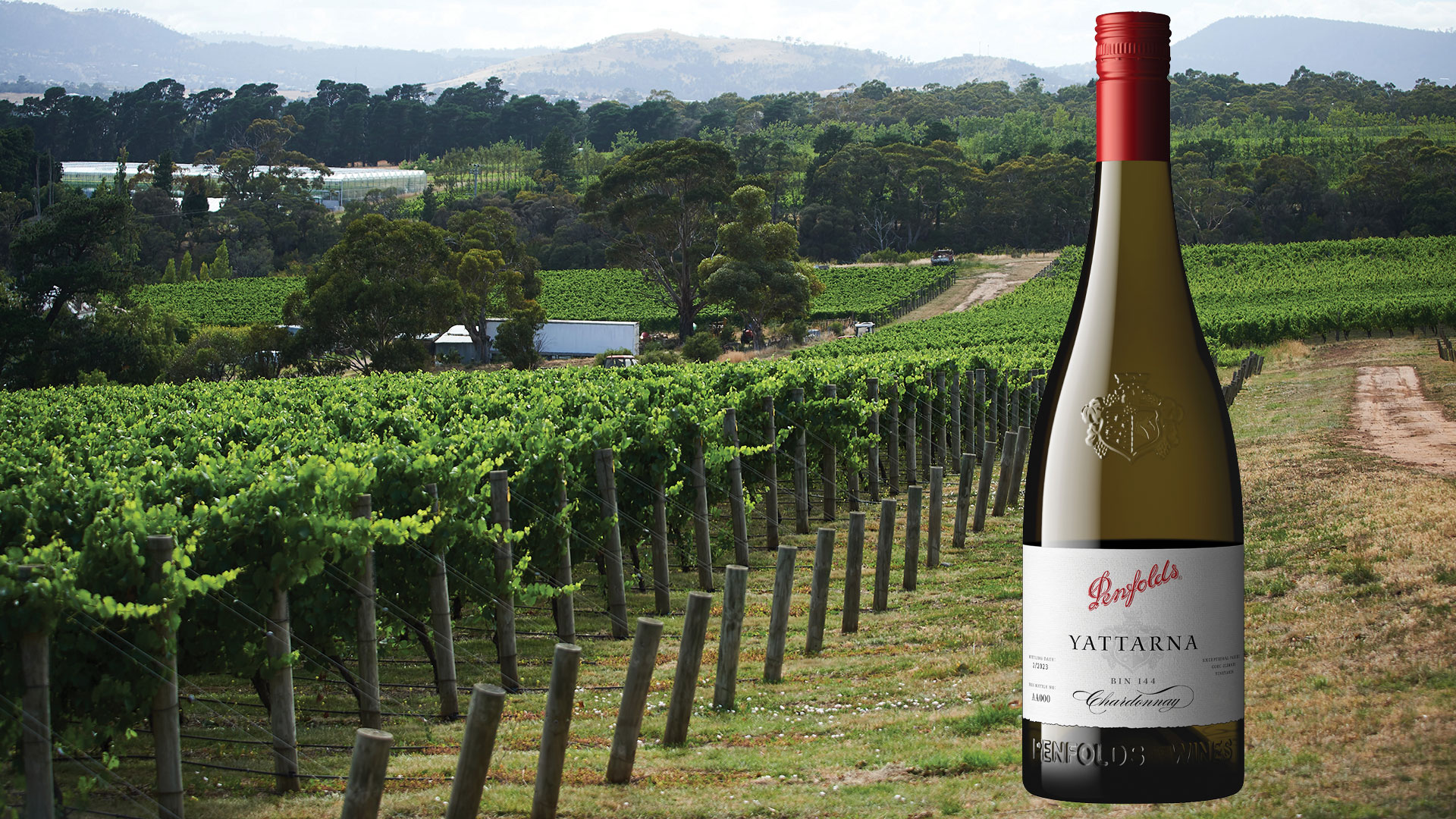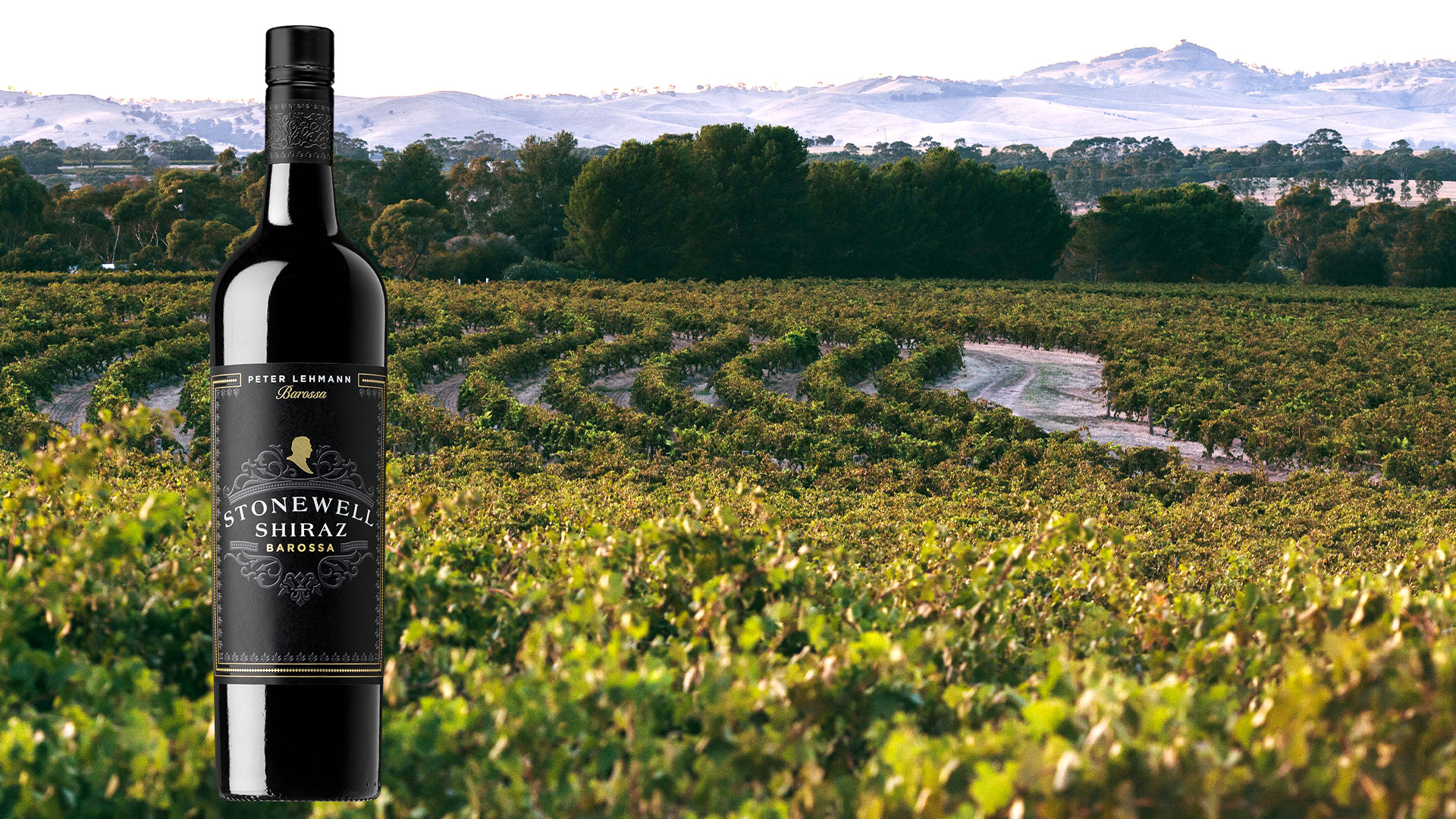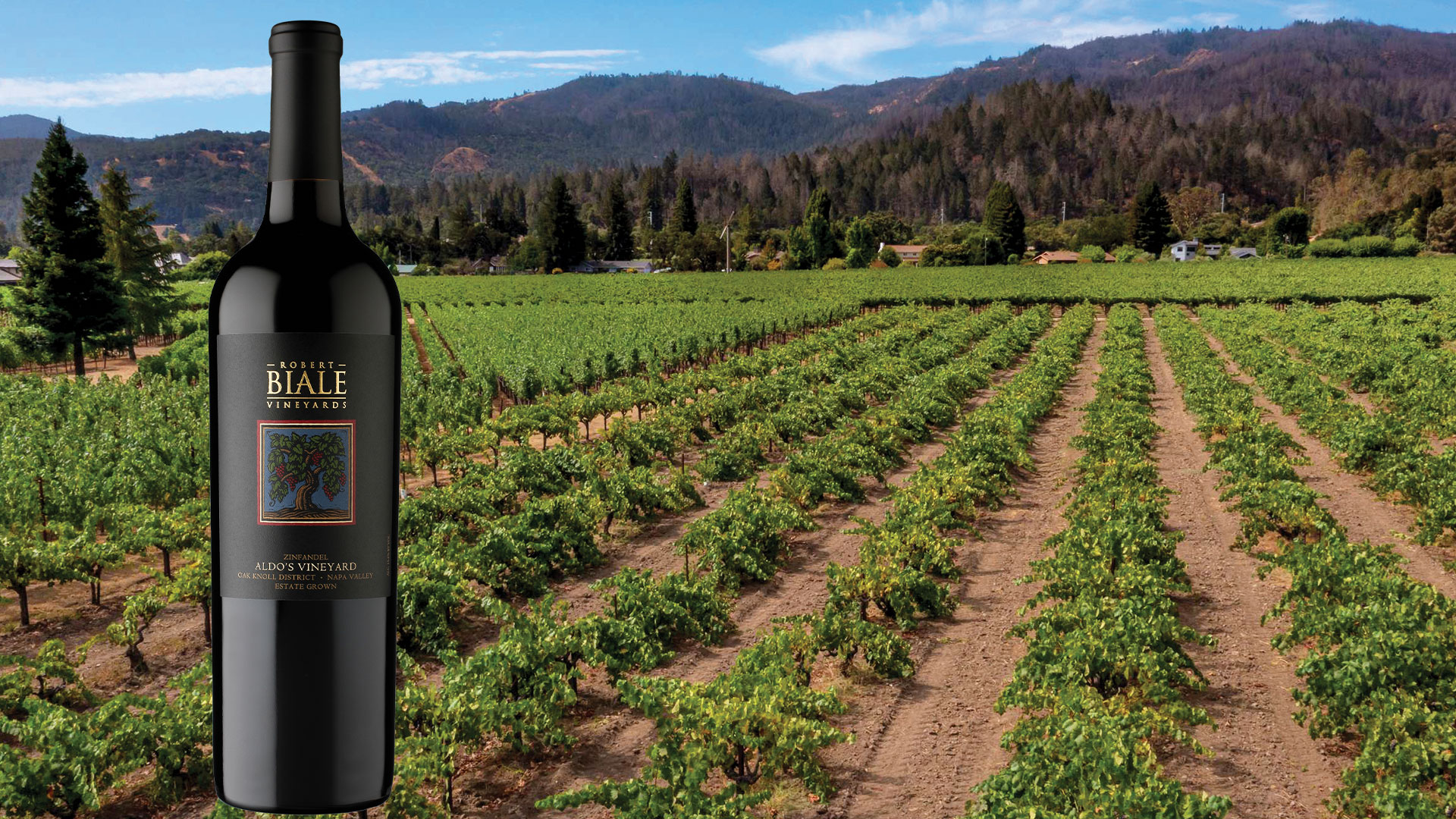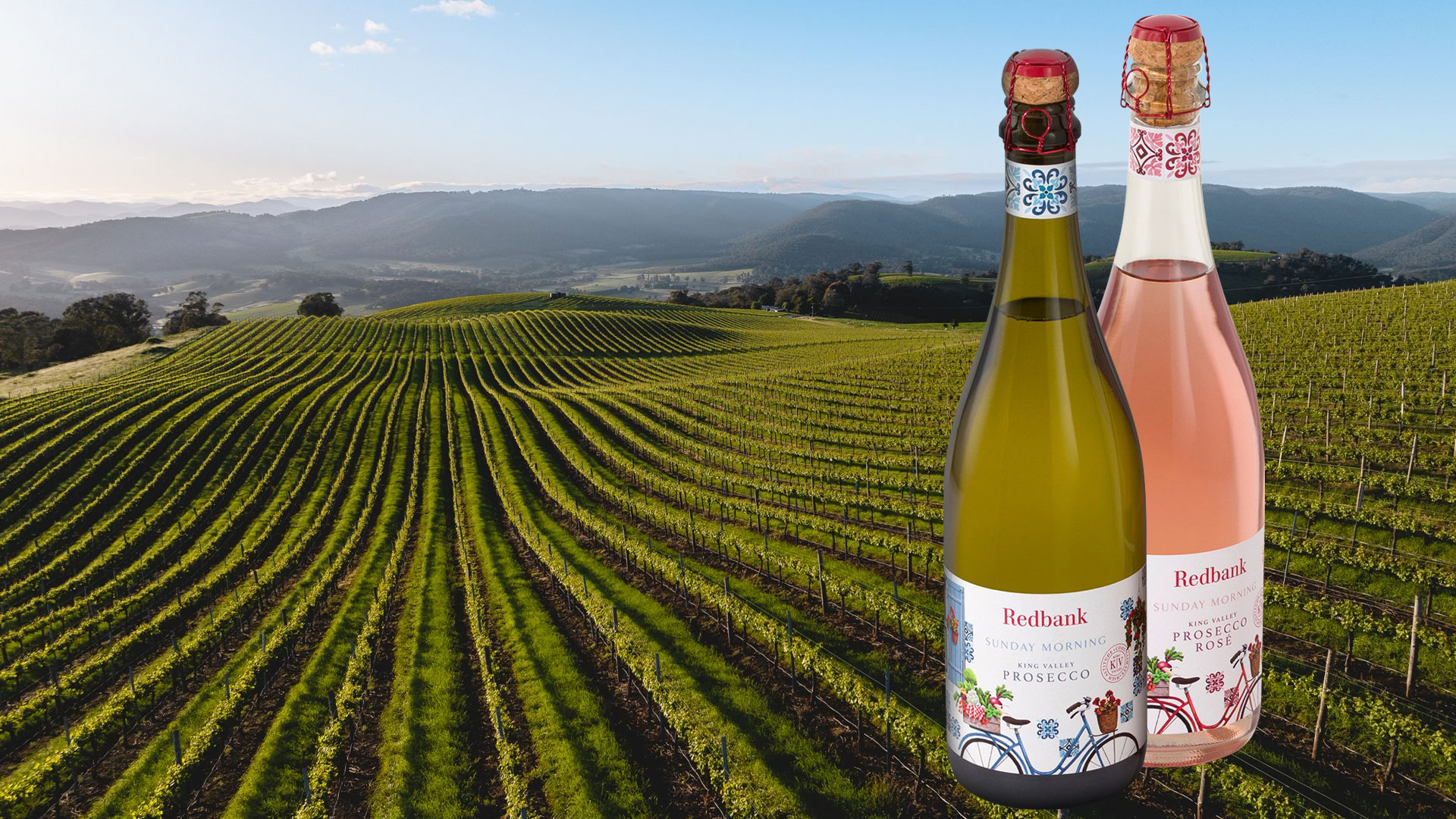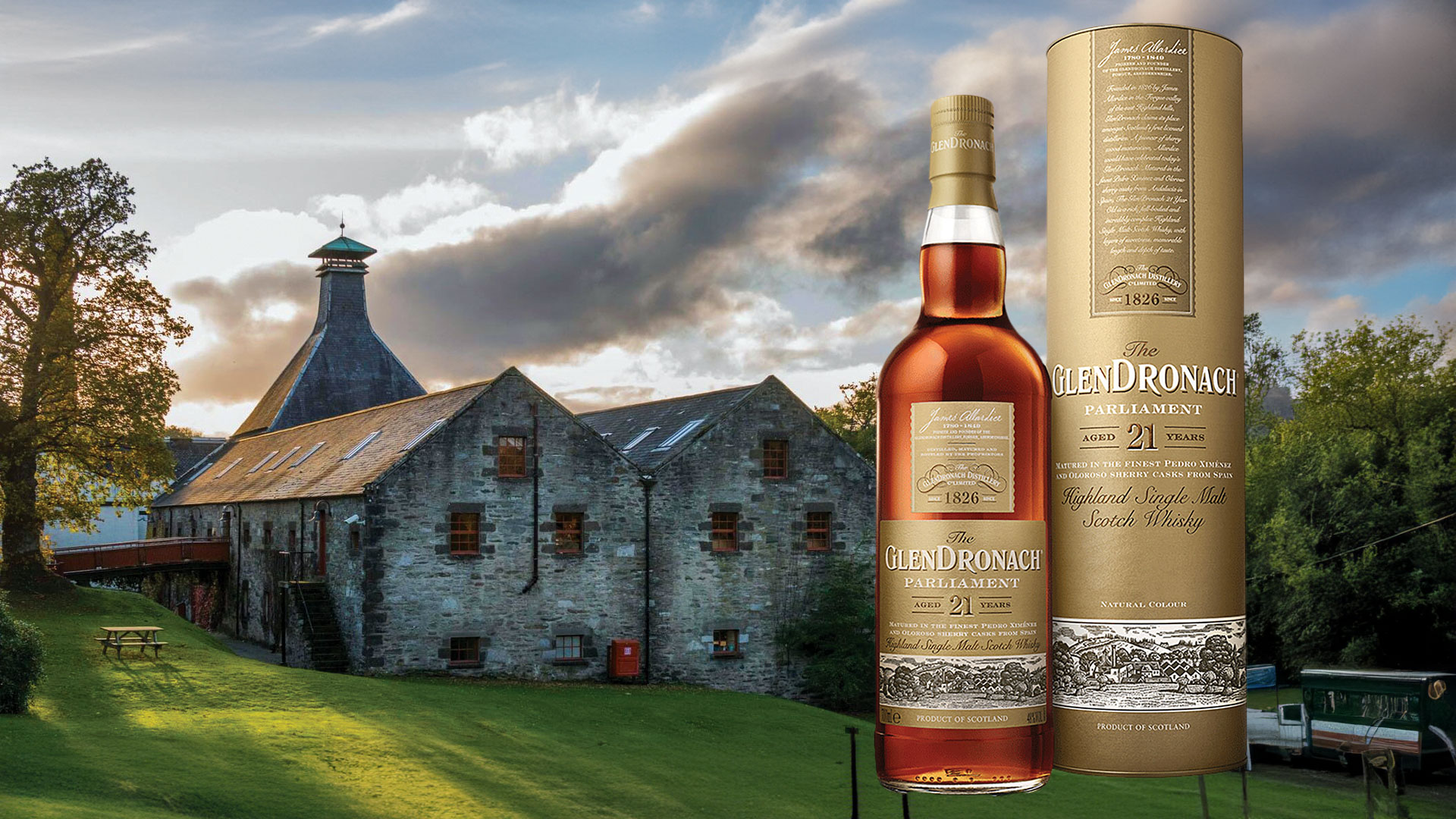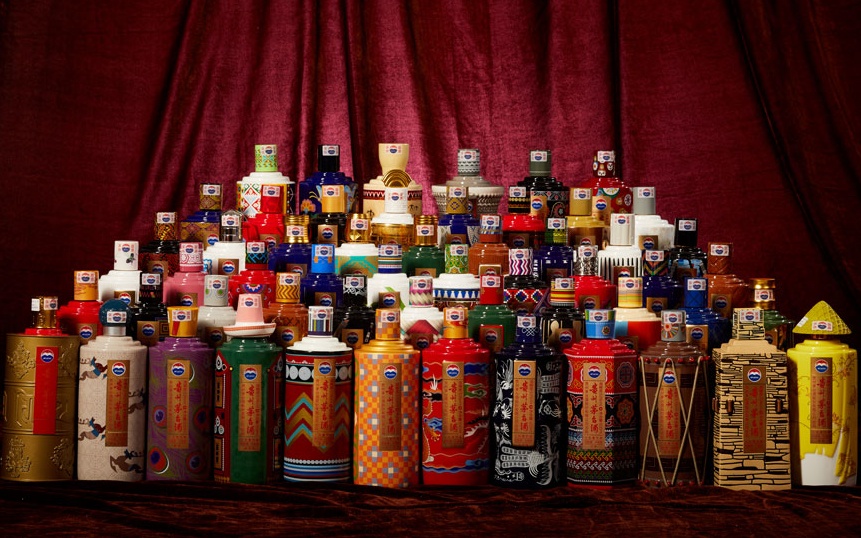
Bijou Baijiu – Meet Moutai, arguably one of the world’s most valuable spirit brands
China was obliged to bring in special regulations to end the flourishing trade in counterfeit Moutai back in 1999. In the interim, the allure of this potent take on rice wine has only been added to by the mystery that surrounds its true origins.
What is undisputed, is that the spirit takes its name from Moutai a village in southwest China’s landlocked Guizhou province, which sits in a distinctly mountainous region some 400m above sea level. The spirit itself is distilled from sorghum and wheat, with the latter used as a fermentation catalyst. Its rarefied production process takes five years to complete, including nine separate distillations and a protracted clay pot aging process.

Recently valued at $43 billion by an international brand assessor, Kweichow Moutai, a particularly renowned Chinese baijiu brand, has been named the most valuable spirits brand in the world. Tellingly, coming in second place, was Wuliangye, another distinguished mainland-based baijiu marque, which was valued at $28.7 billion. Taking these two into consideration. Premium Chinese spirits now account for 68.4 percent of the total value of liquor brands worldwide, a significant increase from the 60.7 percent recorded in times pre-pandemic.

Mass Appeal and Luxury Marking
Focusing back on the very top end, Moutai is a soy sauce-flavoured baijiu variant, one that is particularly prized for its high alcohol content (think 52–54% abv). Although there are many different versions, most have a sweet and sour nose with notes of soy sauce and a prominent acetone and ethanol aroma, a moist, herbaceous, and earthy tongue, and a long aftertaste, complete with distinct umami flavours and trails.

Its dominance in its particular marketplace has only been further bolstered by its conspicuous appearance at many state dinners and its frequent deployment as a gift for visiting overseas emissaries. Such lofty regard saw the highest price ever paid for a single lot of Moutai outside of China at auction recorded as $1.4 million, with the fortunate buyer securing some 24 bottles of Moutai Sun Flower (1974) for more likely, as a canny investment.

This year, the brand also took an unexpected swerve into (very) alcoholic ice cream, a move it made in partnership with Mengniu Dairy, the mainland dairy giant, as it sought to diversify its
appeal to a younger demographic.
It is recommended that you sample it neatly at room temperature. Or, with just a splash of water. It also works well as an aperitif and seems to actually stimulate the appetite. In terms of perfect food pairings, it’s recommended that you try it with – of course – traditional Chinese cuisine, as well as antipasti, sushi or sashimi.

Dolce China
For those looking to go truly premium, Moutai is also available in an 80 Years Old Vintage incarnation, with this much sought-after spirit sold in distinctive purple clay bottles and carved wooden boxes. All in all, it’s a world away from the commonplace perception of baijiu (at least by those in the west) as a relatively rough spirit that has more in common with creosote – a chemical typically deployed to winterproof wooden sheds – than an upmarket single malt whisky or a vintage Cognac. Such perceptions, however, can largely be ascribed to ignorance or, indeed prejudice.

Those truly in the know, are only too aware that the origins of this mysterious and luxurious spirit can be traced to the ancient China of sometime around 135 BC. Indeed, it is this illustrious heritage that has made it the go-to drink of China’s political and business elite when it comes to entertaining their counterparts While it may be an acquired taste, it may also be one well worth acquiring.
(Text: Joseff Musa)



